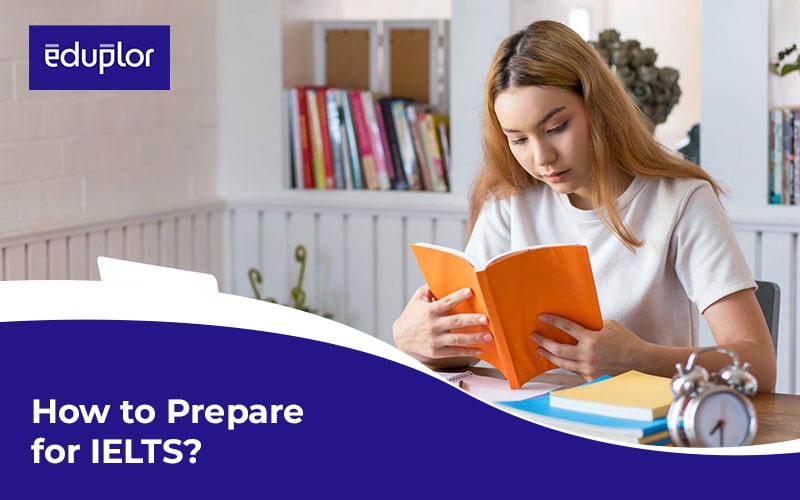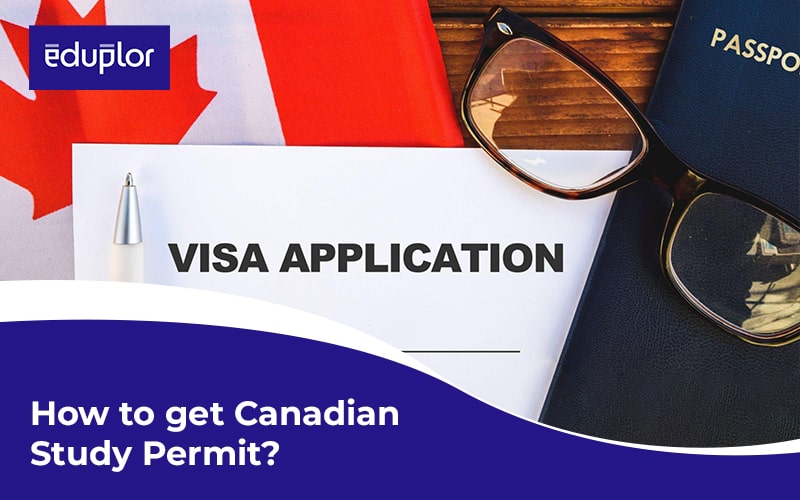Canada is one of the most student destinations not only for its lenient immigrant policies as compared to other countries but also for its education-oriented nature. Many international students not only aim to study in Canada but also to work there and perhaps become its permanent members. The Canadian Bureau of International Education (CBIE) has confirmed that about 60% of the international students apply to become permanent residents of Canada. Many students will already be knowing that the duration of their study determines the length of their post graduate work permit (PGWP) in Canada.
The PGWP grants students to work after their studies and gain the obligatory work experience as needed for their career.
- A one year programme will provide you with one year post graduate work permit (PGWP).
- Following this, two consecutive academic years will provide you with a three year PGWP.
- The post-study work permits the students to stay back or settle in Canada as a worker for full time, up-to a period of three years after the completion of their post-secondary institution in Canada.
- The student visa does not offer the right of post study work permit to students on the spur of the moment, hence they should apply for it before 180 days of their programme completion.
The one year PGWP duration is really a tough task for many students, especially for those students who need to work in Canada and get at least one-year experience in order to become a permanent resident of Canada. Many students have successfully done this earlier.
To perform and become eligible for this, you need to target well!
- Stay Back in Canada After Bachelor’s: The Bachelor’s programme in Canada is generally for the period of 4 years. Staying back in Canada will be permitted as long as the course itself. Anything longer than that will permit you to stay back in Canada for a period of 3 years. The same stands for the diploma degree as well. One can also get the work permit after completing the diploma course in Canada, only if the programme is more than the period of eight months.
- Stay Back in Canada After Masters: A cosmic number of international students choose Canada for pursuing their master studies or post-graduation per year. In addition to this, a stay back option is also available in Canada after masters. Most of the post-graduation courses in Canada are of one to two years’ duration.
- If you apply for a one year programme in Canada, then you will be allowed to stay back in Canada.
- If you apply for two year programme in Canada, then you will be allowed for three years stay back in Canada
- The Bridging Open Work Permit (BOWP) Option: Your target necessitates knowing your permanent residence early and ensuring you to submit your permanent residence application before the expiry of one year PGWP. Being able to do this, one is able to apply for BOWP which will authorize you to work until a settlement is made on your permanent residence application. One has to keep in mind that PGWP is issued once in the lifetime and BOWP will allow you to keep working as you have your permanent residence application which is being processed. Many students are able to submit their permanent residence application within one year before completing their programme and start working from when they applied for their PGWP, hence they are able to meet the requirements of a permanent residence programme from an early stage. And, after applying for BOWP, they start working until a decision on their permanent residence application is made.
- Provincial Nominee Programme: It also depends on province-to-province residence application; hence it is advisable to the students doing one year programme to study in provinces which doesn’t require one-year work experience to grant the permanent residence to the students. For example, Saskatchewan province only requires six months’ work experience to become eligible for student’s nominee for permanent residence.
- The Second Programme Option: Sometimes it looks difficult for students to get permanent residence with a one year post graduate work permit, hence they go for a second programme for another year (after completing the first one). With the help of this, they can combine both programmes to get a three-year work permit. Many people often call it 1+1 study in Canada. You will need to extend the study permit in order to do a second programme. For this, you will need to prove your funds and other documents to extend your study permit. You will be knowing that doing a study permit extension is easier as you will be applying for it inside Canada only.
- The post PGWP option: If you got a one year PGWP but didn’t become a permanent resident (or you submitted a full resident application to get a BOWP), the alternatives left are:
- Return to your college again and get a new study permit (but you will not be given another PGWP).
- Find a job/employer to sponsor you for an autonomous work permit.
- Be sponsored for a permanent resident from a spouse or a partner who is a permanent resident or citizen.
- Apply for a visitor record to maintain valid status (you cannot work with this but can stay legally in order to find your PR options).
If you are not able to follow these points, then you will be called to leave Canada!
Work Permit Rules in Canada After Studies
If you have completed any course from a well-reputed or a prestigious University from Canada within a period of two years, and besides this, you also have 1-year job experience in any skilled and accomplished position, then you are permitted to apply for permanent residence-ship under the “Canadian Experience Class”.
Final Thoughts
Canada is one of the most attractive countries in the world for its diverse culture and advanced development. Many international students study at prestigious Canadian universities. With its outstanding healthcare and insurance capabilities, Canada has surpassed the world’s safest countries to live and work in. Therefore, many students visit Canada for study and employment. Hence, staying in Canada and gaining work experience is a huge advantage for international students.




